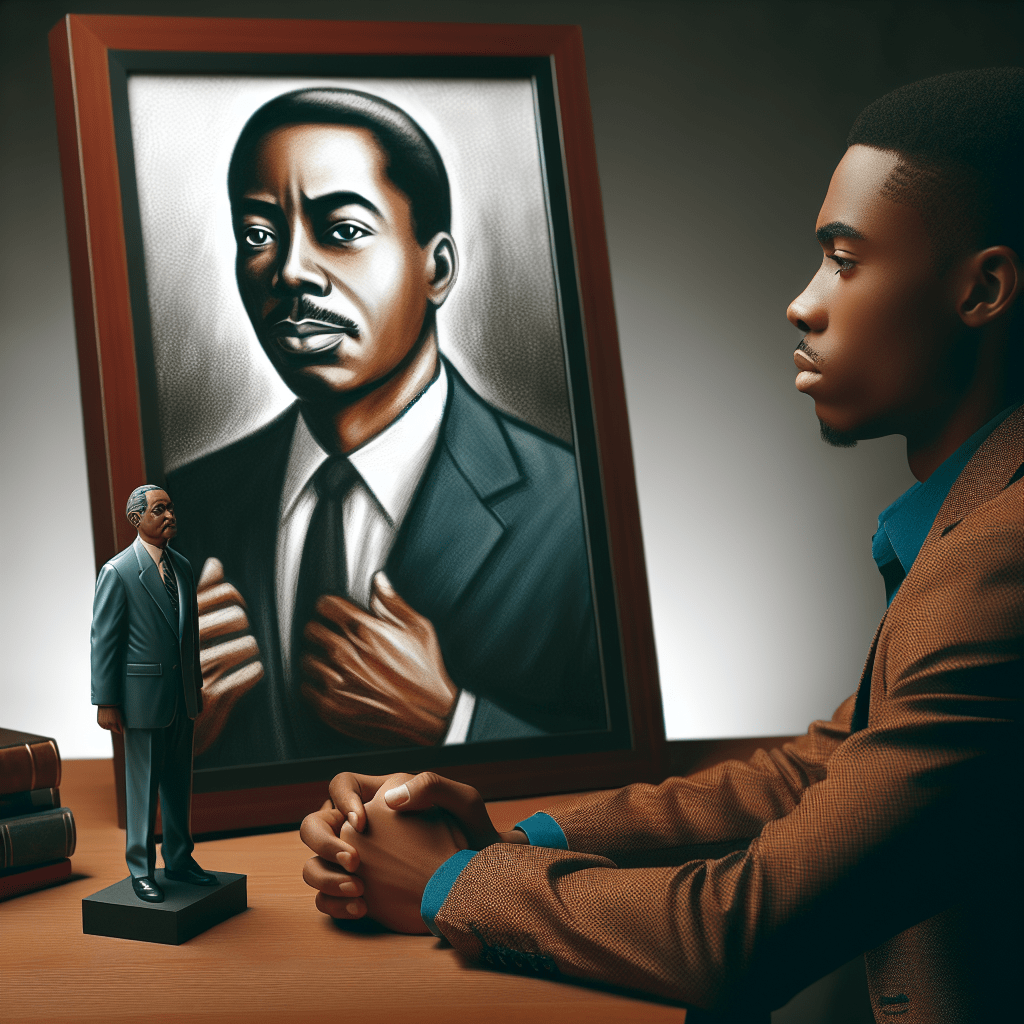Dexter King: Continuing the Legacy of Nonviolent Advocacy
As a figure not just representing a prominent surname but one continuing a philosophy of change without violence, Dexter Scott King stands out as both the protector of the legacy of Dr. Martin Luther King Jr., and as an advocate and activist in his own rite. This article aims to examine his role in preserving his father’s vision and activism, his leadership within the King Center, experiences with media, litigation, and his standpoints on contemporary social issues.
Early Life and Family Background
Dexter Scott King was born on January 30, 1961, as the second son of civil rights leaders Dr. Martin Luther King Jr. and Coretta Scott King. Having been immersed in an environment dedicated to social change and justice from birth, he experienced the impact of the Civil Rights Movement firsthand. Yet, this came with profound challenges including the assassination of his father when Dexter was only seven years old.
The Burden and Privilege of Legacy
Growing up as a King carried with it both immense sorrow and a profound duty. Dexter was often under public scrutiny and handling the many expectations that came with his surname. Despite these pressures, Dexter embraced his position, seeing it as a way to promote the ideals of equality, freedom, and non-violent protest that his father epitomized.
Leadership at the King Center
Taking an active role in institutionalizing his father’s memory and principles, Dexter became president of the King Center in Atlanta, established by his mother in 1968. Under his direction, the center has focused on educational initiatives to teach youth and others about nonviolent advocacy to promote change. Through organizing lectures, workshops, and community programs, he aimed to breathe new life into the King philosophic and relevant modern applications.
Media Interactions and Representation
Dexter explored various means to communicate his father’s message through popular media. Though much quieter than his siblings about their father’s legacy publicly, Dexter produced a series of documentaries and specials on the life and philosophy of MLK Jr. Dexter took a role in managing the intellectual properties associated with his father’s image and writings.
Legal Challenges and Controversies
Within any notable family come disputes about how best to honor their shared heritage; the Kings were no exception. Dexter has been embroiled in legal battles over control of MLK Jr.’s estate—debates that often exposed deeper questions about how best to sustain a legacy while navigating family dynamics.
Stance on Sociopolitical Issues
Dexter occasionally spoke out regarding contemporary social issues such as violence in different forms across society. Influenced by his upbringing, he urged protests and reform to follow nonviolent approaches according to his father’s philosophy.
Reflections on Diversity and Unity
Throughout various engagements, Dexter upheld that embracing diversity and striving for unity were essential elements to fighting injustice. He highlighted these principles repeatedly as central not just for society at large but foundational among those who carry the last name ‘King.’
Notes
Image description: A respectful portrait of Dexter Scott King standing confidently in front of an image of his late father Dr. Martin Luther King Jr., symbolizing both remembrance and continuation of the civil rights legacy his father left behind.

